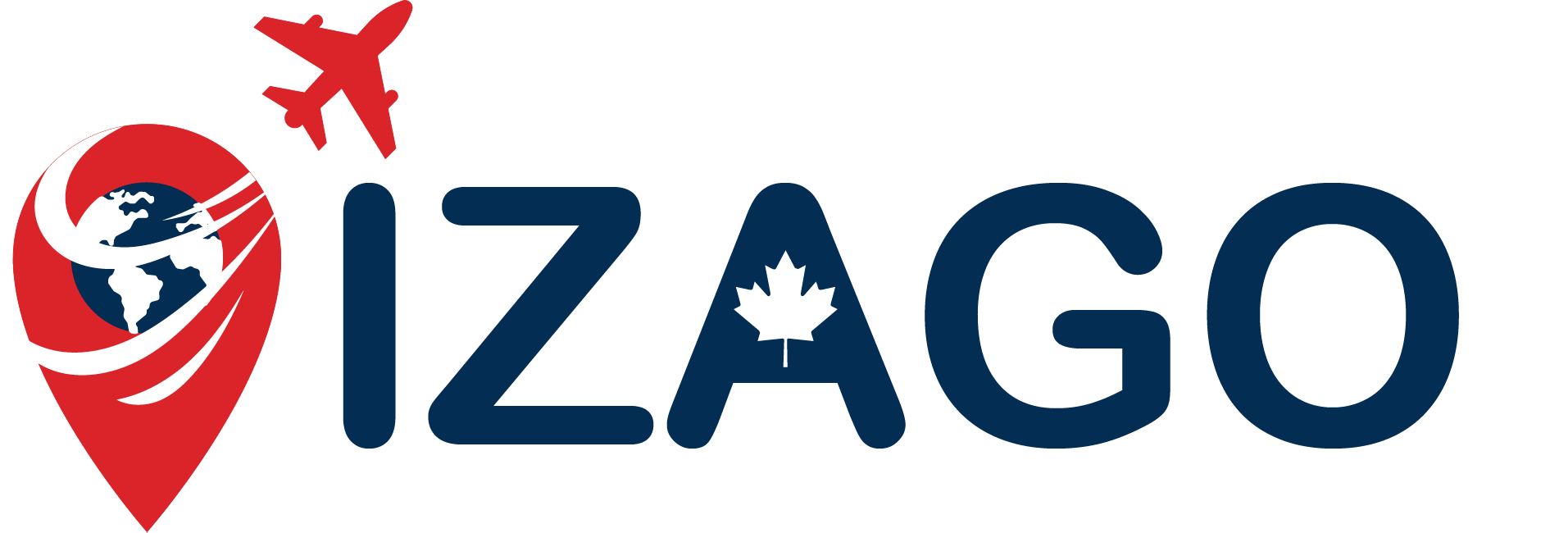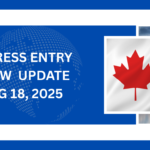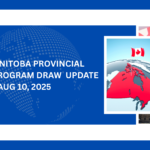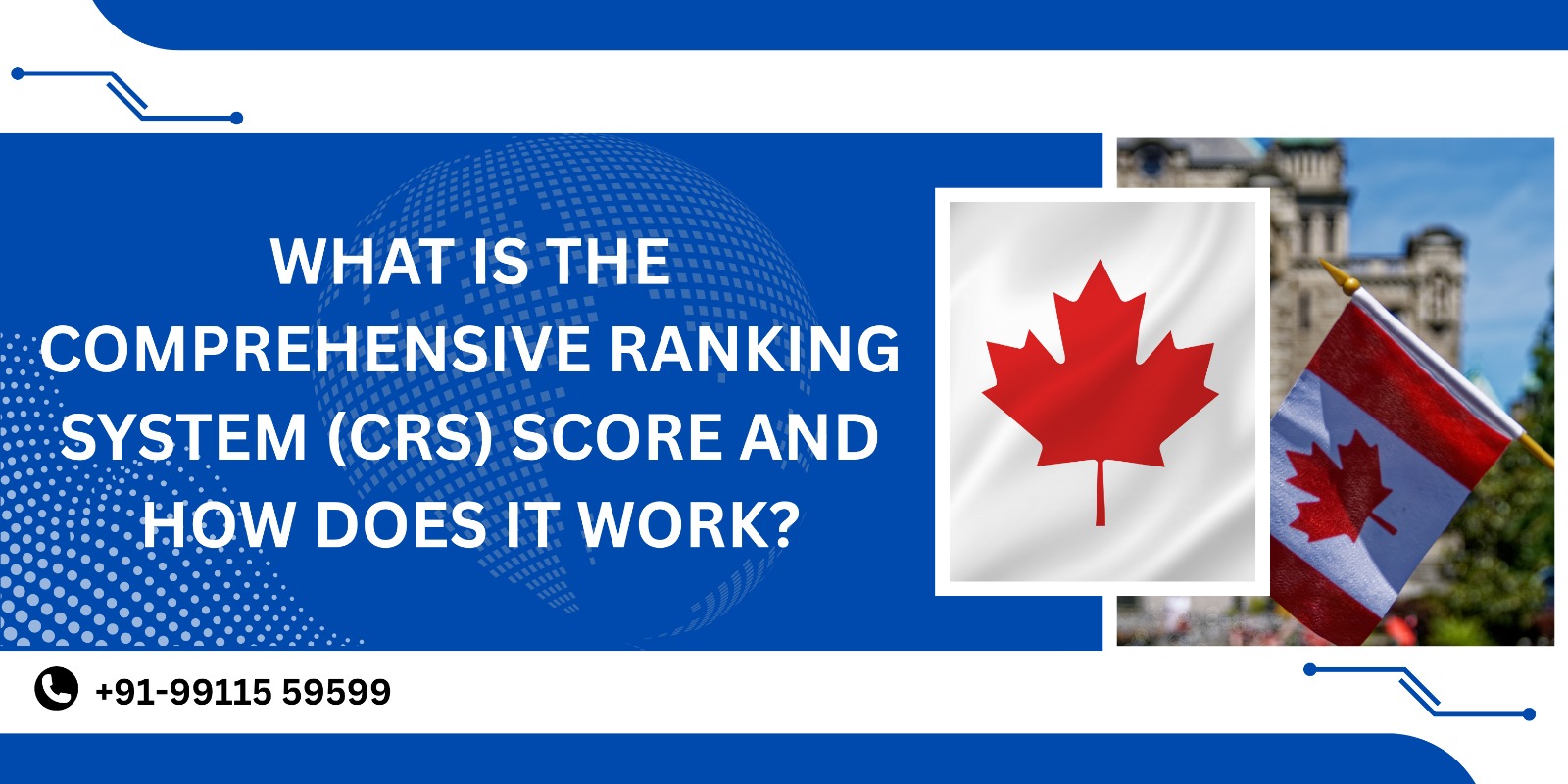
We encounter the Comprehensive Ranking System (CRS) score, a key component during the Canadian immigration process. But we need to understand what the CRS score is exactly, how it is calculated, and why it matters so much.
The CRS is a point-based system used to evaluate your profile, calculate your score, and rank it in the express entry pool. As per the report, the IRCC has decided to bring a few changes that will affect spring 2025. This blog will discuss the CRS score and how it influences your chances of receiving an invitation to apply for Canadian permanent residency.
What is the comprehensive ranking system?
The Comprehensive Ranking System is a point-based system used by the Canadian government to access candidate profiles and rank them in the Express Entry pool. Express Entry is a pathway used by IRCC to manage immigration applications for skilled workers under the three programs.
- Federal Skilled Worker Program
- Federal Skilled Trade Program
- Canadian Experience Class
Once you submit your Express Entry profile, your application is placed in the pool of Express Entry draws. Applicants with the highest score get the invitation to apply for Canada PR visa.
How is the CRS score calculated?
The Comprehensive Ranking System score is calculated out of a maximum of 1200 points, and these points are allotted to four categories:
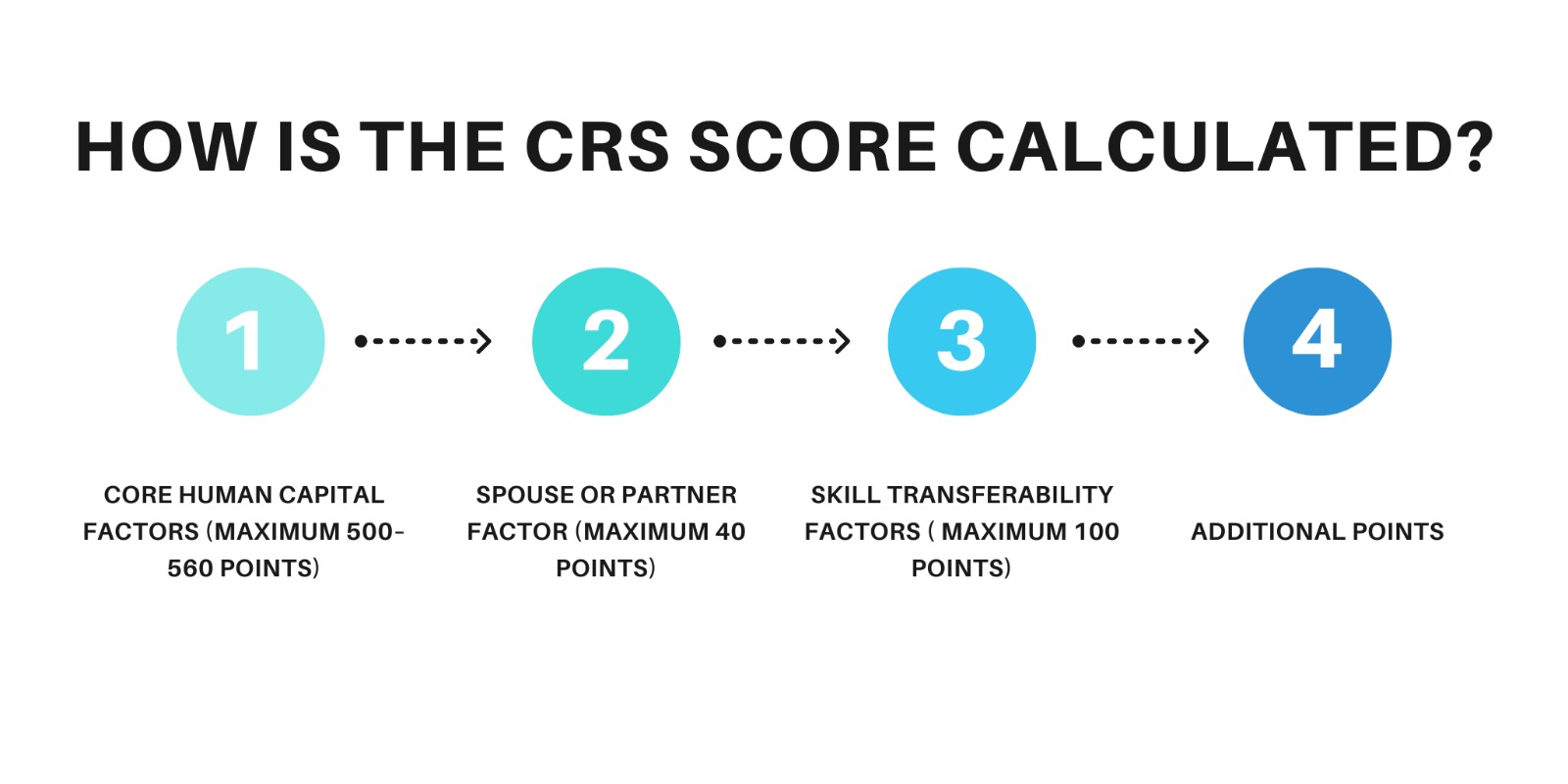
-
Core Human Capital Factors (Maximum 500–560 points)
The below points contribute to successful economic integration in Canada. It includes:
| Factors | Points with a spouse or common-law partner | Points without a spouse or common-law partner |
| Age | 100 | 110 |
| Education | 140 | 150 |
| Language proficiency | 150 | 160 |
| Work experience | 70 | 80 |
If you are applying with a spouse or common-law partner, your points will be reduced to 460, and additional points will be awarded based on your partner’s profile.
-
Spouse or partner factor (Maximum 40 points)
If you are married and your partner is also migrating with you, their qualifications can also contribute.
| Factors | Points
(Maximum 40 points |
| Education | 10 |
| Language proficiency | 20 |
| Canadian work experience | 10 |
-
Skill Transferability Factors ( Maximum 100 points)
These points are awarded based on the combination of your skills, education, and work experience, such as having a high level of education along with strong language skills, work experience, or a Canadian and foreign work combination.
| Education | Points
(Maximum 50 points) |
| With strong official language proficiency and a post-secondary degree | 50 |
| With Canadian work experience and a post-secondary degree | 50 |
| Foreign work experience | Points
(Maximum 50 points) |
| With good/strong official language proficiency (Canadian Language Benchmark [CLB] level 7 or higher) and foreign work experience | 50 |
| With Canadian work experience and foreign work experience | 50 |
| Certificate of qualification (for people in trade occupations) | Points
(Maximum 50 points) |
| With good/strong official language proficiency and a certificate of qualification | 50 |
-
Additional Points
| Factor | Maximum points per factor |
| Brother or sister living in Canada (18 years or older, citizen or permanent resident) | 15 |
| French language skills | 50 |
| Post-secondary education in Canada | 30 |
| Provincial or territorial nomination | 600 |
Why does the CRS score matter?
The Comprehensive Ranking System score is important to queue your profile in the Express Entry pool. Immigration, Refugee, and Citizenship Canada conducts an Express Entry draw, and the candidates with the highest scores receive an invitation to apply for permanent residency. If your score is below the cut-off, you will not get the invitation and will remain in the pool for future draws. The competition is tough, so it is essential to get a high score for a better chance.
Tips to improve your CRS score
If your CRS score is low, you don’t have to worry about it. There are several ways through which you can increase your Comprehensive Ranking System score and improve your chances of getting an invitation to apply.
- Reappear for the language exams, search for IELTS and TEF, and try to obtain a good band score. At least you need to score Canadian Language Benchmark (CLB) 7 under the Express Entry programs.
- Ensuring your degree diploma is completed, if not, considering completing it as a foreign education credential is very important, and make sure your existing credentials are evaluated through Educational Credential Assessment.
- Try to gain Canadian and international work experience. More years of work experience in a skilled occupation NOC TIER 1, 2, or 3 can help you gain more points.
- A job with a letter from a Canadian employer eventually increases your CRS score, so try to obtain a job offer letter.
- If you receive a nomination from one of the provinces, you will receive an additional 600 points that make you eligible to apply for provinces through Express Entry.
Wrap up!
The Comprehensive Ranking System score is at the core of the Canada Immigration Process. Understanding how it works can help you receive an invitation to apply. The low CRS score may be discouraging, but with the right guidance from Izago, the best immigration consultant, you can get the chance to apply for Canadian permanent residency.
Don’t think twice to connect with us!


